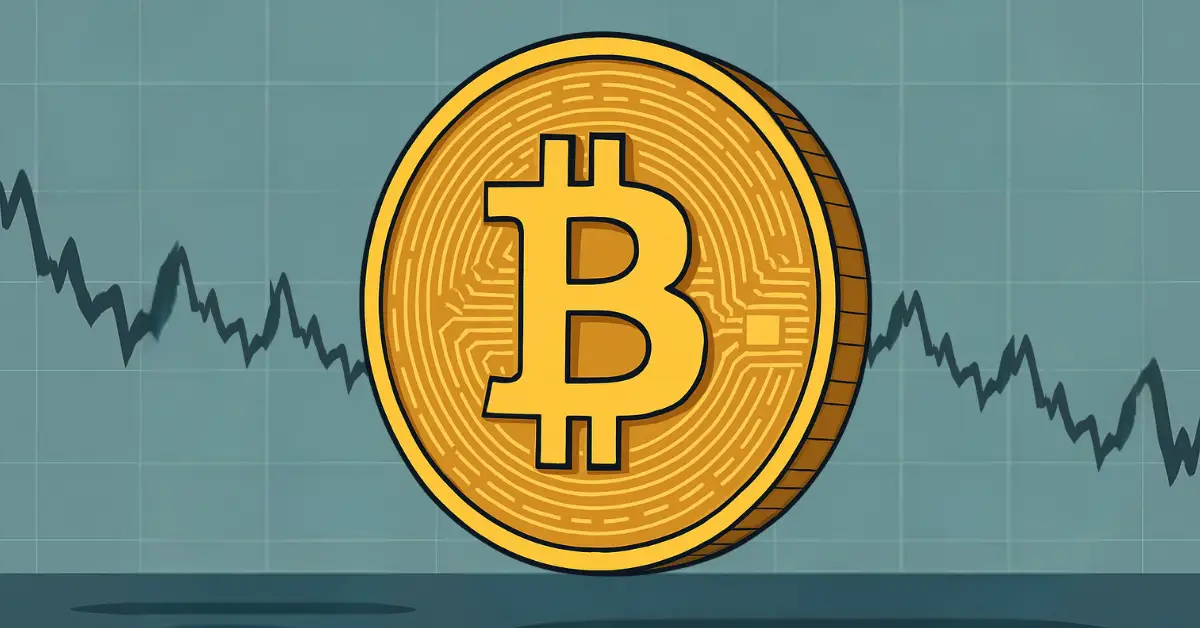Coinpedia
2w
415

Image Credit: Coinpedia
Why Is Bitcoin Mirroring the Stock Market Crash? Michael Saylor Explains
- Following Donald Trump's tariff announcement, both stocks and Bitcoin experienced declines while gold surged.
- Michael Saylor suggests that Bitcoin's correlation with the stock market is temporary and driven by its liquidity during panic selling.
- Despite short-term volatility, Bitcoin outperformed traditional assets like stocks and gold significantly in 2024.
- Bitcoin's price surged in late 2024 and early 2025, hitting an all-time high before facing a drop following Trump's tariff policy introduction.
- Saylor argues that Bitcoin's current connection to stocks is a short-term reaction due to its high liquidity and availability for trading during panics.
- He believes that Bitcoin will remain a non-correlated asset independent of traditional markets in the long term.
- In 2024, Bitcoin's value soared by 121.1%, outpacing the gains of the S&P 500, Nasdaq 100, and gold, highlighting its long-term potential.
- While short-term volatility may link Bitcoin to stock market movements, historical data suggests its ability to assert independence as a financial asset.
- Experts see the recent drop in Bitcoin's price post-tariff announcement as a temporary trend due to market-wide risk aversion.
- Market analysts anticipate a potential rebound for Bitcoin if market uncertainty alleviates, with a key resistance level eyed at $2,400.
Read Full Article
24 Likes
For uninterrupted reading, download the app